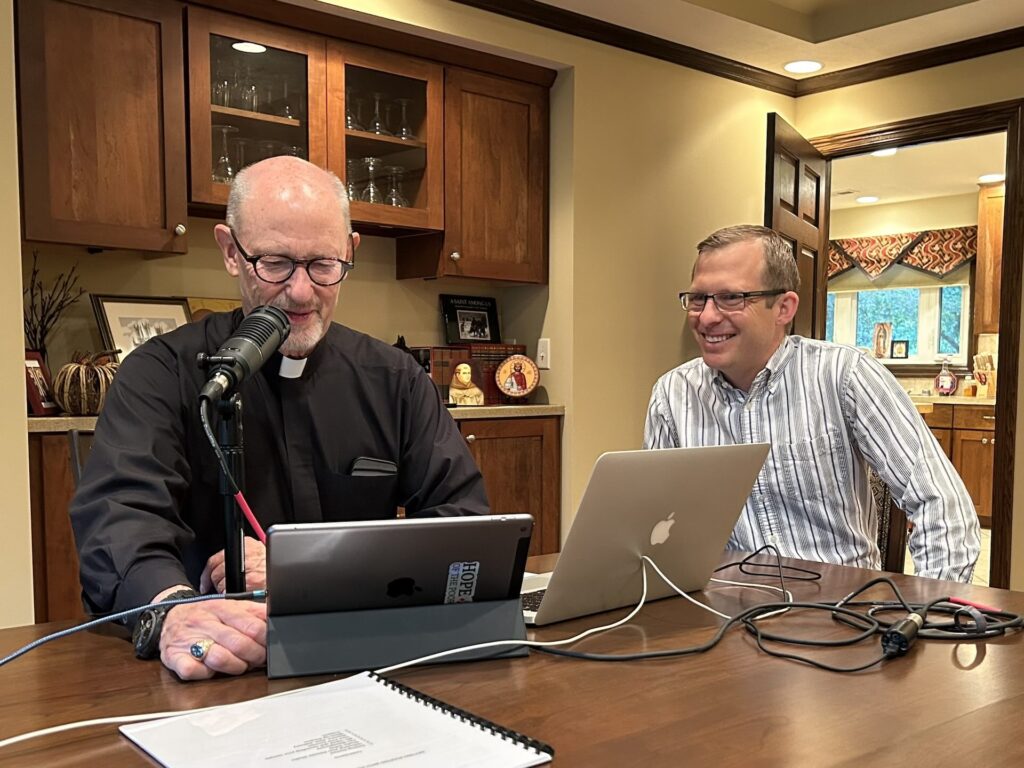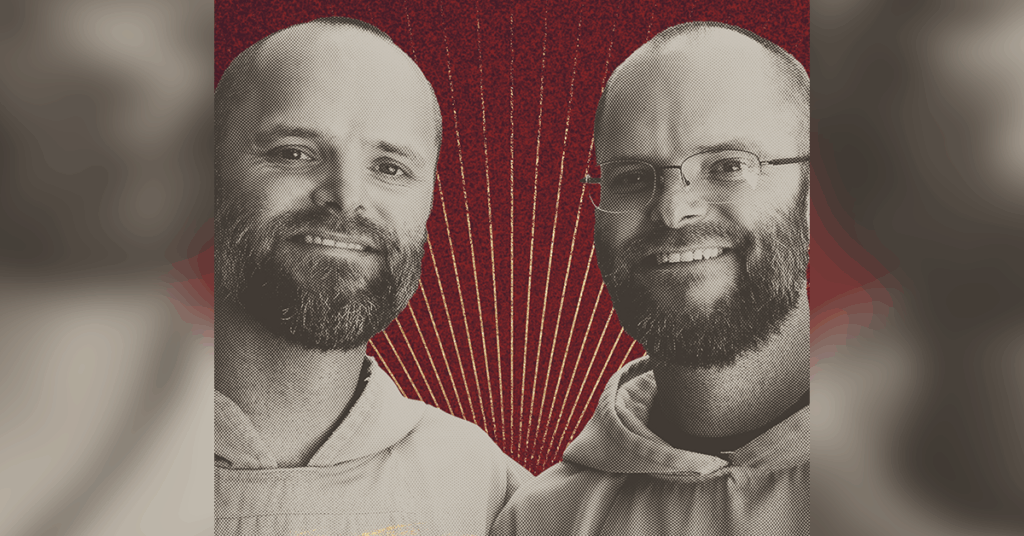While the experience of spiritual desolation in and of itself is not sinful, it poses a temptation to give in to the sin that the Church Fathers call “acedia,” that is, in the words of St. Thomas Aquinas, “an oppressive sorrow about spiritual goods.”
How, we might ask, can feeling sad be a sin?
This depends on two things.
First, for something to be a sin we must actually choose it in some way; we’ll consider how we might choose to feel sad more in tomorrow’s reflection.
Second, there are some things that we should never consent to be sad about.
To understand why we should not allow ourselves to be sad about some things, we need to think a bit more about our experiences of pleasure and pain.
Before Christianity, philosophers as far back as Plato made a distinction between two kinds of pleasure.
The first kind of pleasure arises because of a cessation of pain or a resolution of a tension.
For example, it feels good to scratch an itch, but having an itch is not pleasant.
It feels good to satisfy hunger and thirst, but being hungry or thirsty is unpleasant.
In these cases, the pleasurable feeling has a limit; it is only pleasant as long as it is resolving the already existing discomfort.
To keep eating after we are satisfied eventually stops being pleasurable and starts to cause pain.
Other pleasures, however, are fulfilling in themselves; we do not have to be in a state of discomfort to experience them.
Listening to good music is enjoyable, even if we weren’t previously listening to ugly sounds.
Such a pleasure arises from things that are good in themselves, and we respond to that goodness.
In some cases, though, we may grow tired of even these pleasures.
For example, we enjoy seeing a beautiful sunset, but our eyes can get tired of staring at it.
It is not that the sunset’s beauty is not inherently pleasant, but the way we experience that beauty may have a limit.
There are yet other pleasures that don’t depend on our bodily sensation; for instance, knowing truth and enjoying friendship with God are not sensible experiences.
These are spiritual experiences that exceed our merely bodily powers.
Since these spiritual pleasures are good in themselves, don’t require us to be in pain first, and don’t depend on sensation, then there is nothing about them that should make them unpleasant.
Praying to God is always good, and it should always bring us pleasure and joy.
Of course, even here, our bodily needs might overwhelm us in the moment.
We have all had the experience of struggling to stay awake during prayer or having to stop listening to beautiful music because we have been sitting too long.
This doesn’t mean that the inherent goods of prayer and beauty are no longer pleasant; it is just that other needs have forced us to pay attention to something else.
Think of your relationship with your best friend.
Even when you are not with your friend, you are not necessarily tired of the relationship itself.
That friendship is a treasure and source of blessings.
When we are tempted to feel sadness at the thought of spiritual goods, like prayer, faith, and charity, we need to discern why we are not rejoicing at those treasures that do not wear out.
Take a few moments to reflect.
Are you in any way failing to delight in the goodness of divine love?
Ask for the grace to appreciate the spiritual blessings with which God has showered you.
Then, think of the trials you are facing and humbly ask for the strength to bear them.




